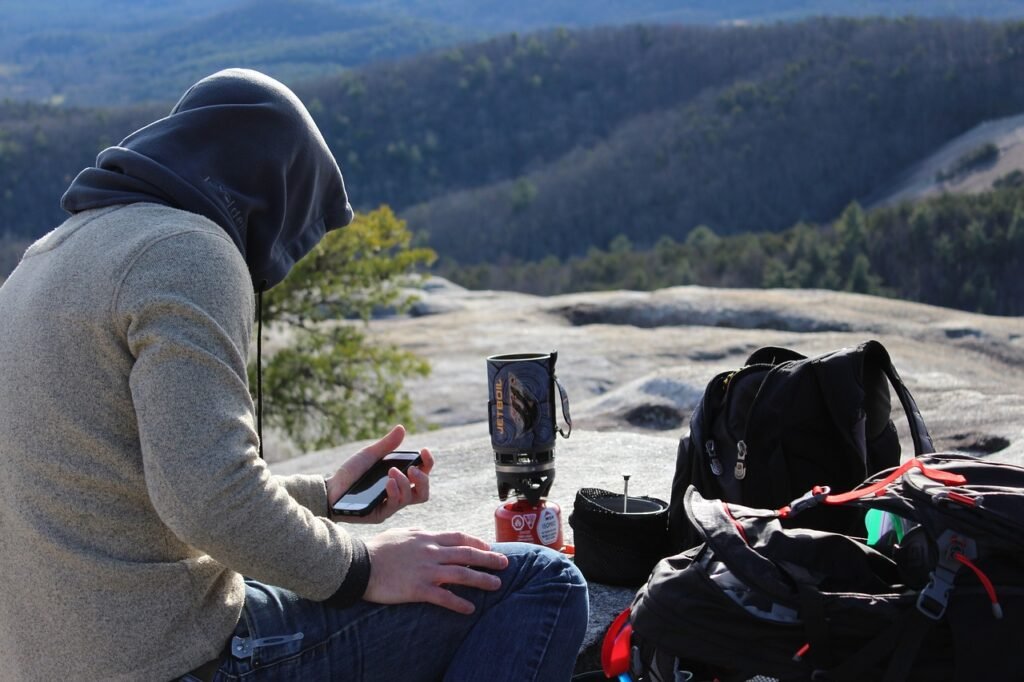In a world filled with uncertainties and unexpected challenges, an increasing number of people are focusing on emergency preparedness.
Two prominent groups that often come to mind in this context are survivalists and preppers.
While the terms are sometimes used interchangeably, it’s essential to understand the distinctions between these two communities.
This article aims to explore the fundamental differences between survivalists and preppers, shedding light on their motivations, strategies, and common misconceptions surrounding each group.
As interest in self-sufficiency and preparedness grows, a nuanced understanding of these approaches becomes crucial for those seeking to navigate an unpredictable future.
Table of Contents
Definitions
A. Survivalist
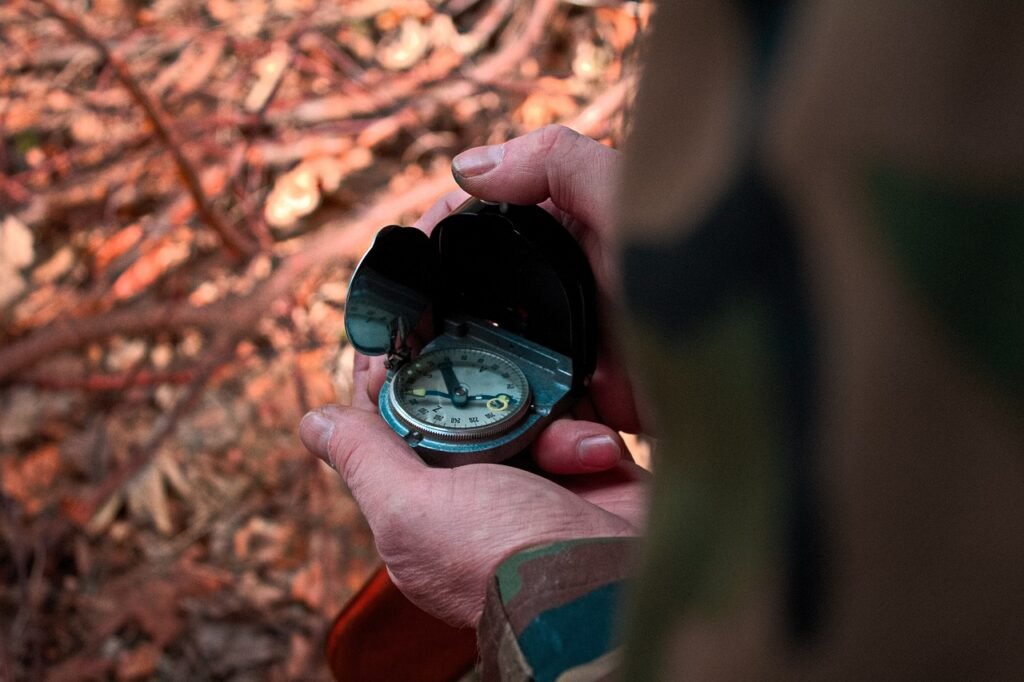
Survivalists are individuals who prioritize self-sufficiency and personal skills to navigate and endure challenging situations, often with a focus on wilderness survival.
This group emphasizes honing practical abilities such as foraging, hunting, and shelter-building.
The survivalist ethos typically leans towards a “back-to-basics” lifestyle, where individuals strive to disconnect from modern conveniences and rely on fundamental skills for survival.
Their mindset is rooted in the idea of individual empowerment, fostering a deep sense of independence from societal structures.
Focus on Individual Skills and Self-Sufficiency
Survivalists place a high value on personal capabilities, emphasizing the development of skills that enable them to thrive in diverse environments, especially in the wild.
Emphasis on Wilderness Survival
The survivalist approach is often associated with thriving in natural settings, with an emphasis on mastering techniques relevant to surviving in forests, mountains, or other remote locations.
“Back-to-Basics” Lifestyle
Many survivalists adopt a minimalist lifestyle, rejecting modern comforts to embrace a simpler existence that aligns with traditional survival methods.
B. Prepper

Preppers, on the other hand, take a more holistic approach to preparedness, planning for a wide range of potential emergencies beyond wilderness scenarios.
This group is characterized by a comprehensive strategy that includes stockpiling supplies, establishing communication plans, and often engaging with the community.
Preppers recognize the importance of being ready for various situations, whether natural disasters, economic instability, or other unforeseen events.
Holistic Approach to Preparedness
Preppers adopt a comprehensive perspective, considering a variety of potential emergencies and developing plans to address each scenario effectively.
Focus on Planning for Various Emergencies
Unlike survivalists, preppers prepare for a broad spectrum of challenges, including natural disasters, economic downturns, and social disruptions, acknowledging the diverse nature of potential threats.
Inclusion of Stockpiling Supplies and Community Involvement
Preppers often stockpile essential resources, including food, water, and medical supplies.
Additionally, they recognize the importance of community involvement and collaboration to enhance collective resilience.
Understanding these distinctions is crucial for anyone interested in emergency preparedness, as it provides insights into the diverse philosophies that guide survivalists and preppers in their respective journeys.
Motivations
A. Survivalist Motivations
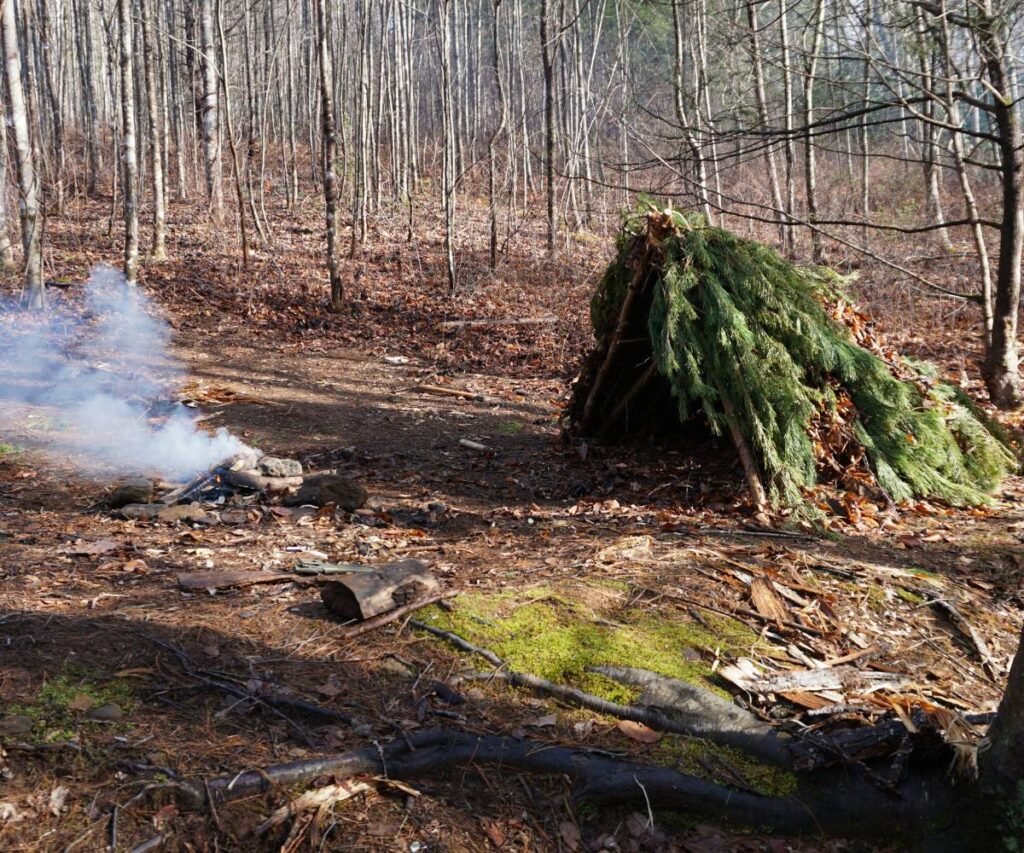
Desire for Personal Freedom
Survivalists are frequently driven by a deep desire for personal freedom.
They seek independence from external dependencies and aim to rely on their skills and resourcefulness, fostering a sense of liberation from societal constraints.
Distrust in Societal Structures
A prevailing motivation for survivalists is skepticism or distrust in existing societal structures.
This skepticism can be rooted in concerns about the fragility of systems and a desire to distance themselves from perceived vulnerabilities.
Independence and Self-Reliance
The core motivation for survivalists is to cultivate independence and self-reliance.
They believe in the ability to navigate challenges autonomously without relying on external support.
B. Prepper Motivations

Family and Community Protection
Preppers are often motivated by a strong sense of responsibility toward their families and communities.
Their preparedness efforts stem from a desire to protect loved ones and contribute to the resilience of the broader community.
Response to Global Uncertainties
The motivation for preppers extends beyond personal concerns to a recognition of global uncertainties.
Whether anticipating economic instability, natural disasters, or other global challenges, preppers aim to be proactive in the face of potential crises.
Belief in the Importance of Planning for Diverse Scenarios
Preppers believe in the importance of planning for a wide range of scenarios.
Their motivation is rooted in a comprehensive understanding of potential threats, which leads them to prepare for diverse situations that may impact their lives.
Understanding these distinct motivations provides insight into the driving forces behind survivalist and prepper lifestyles.
While survivalists seek personal freedom and independence, preppers are motivated by a sense of communal responsibility and a proactive response to broader uncertainties.
Both groups share a commitment to preparedness but differ in the underlying philosophies that guide their actions.
Strategies and Practices
A. Survivalist Strategies
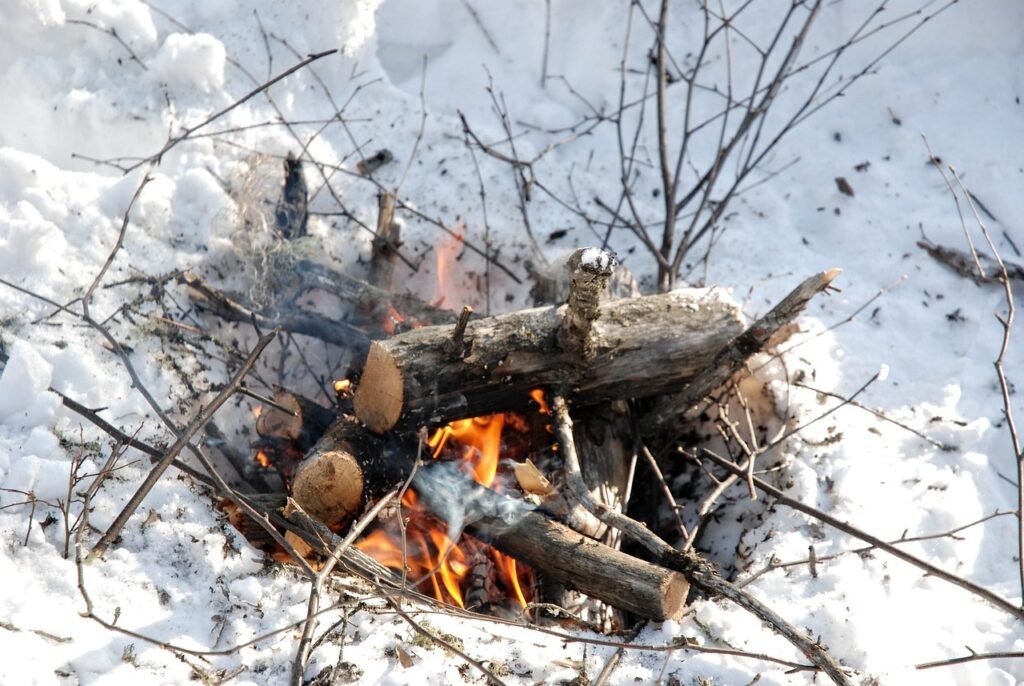
Wilderness Survival Skills
Survivalists prioritize honing skills essential for wilderness survival.
This includes proficiency in navigation, foraging, hunting, and shelter-building, enabling them to thrive in natural environments.
Minimalistic Living
Embracing a minimalist lifestyle, survivalists often reject modern conveniences and focus on living with fewer material possessions.
This not only aligns with self-sufficiency but also streamlines their ability to adapt in austere conditions.
Individual Focus on Self-Reliance
A key strategy for survivalists is the emphasis on individual self-reliance.
They believe in cultivating personal skills and resources to navigate challenges independently, without significant reliance on external support systems.
B. Prepper Strategies

Stockpiling Food, Water, and Essentials
Preppers engage in strategic stockpiling of essential resources, including food, water, and medical supplies.
This ensures they have an adequate supply to sustain themselves and their families during emergencies.
Emergency Communication Plans
Recognizing the importance of communication during crises, preppers develop comprehensive emergency communication plans.
This may involve establishing communication networks with family, neighbors, and community members to share vital information.
Community Building and Collaboration
Unlike survivalists, preppers actively seek community involvement and collaboration.
They understand the strength in numbers and work towards building resilient communities capable of supporting each other in times of need.
Knowing these different tactics helps to illustrate the different approaches to preparedness that preppers and survivalists take.
While survivalists focus on individual skills and a minimalist lifestyle tailored for wilderness survival, preppers adopt a more comprehensive strategy that includes stockpiling resources, planning for diverse emergencies, and fostering community connections.
Both strategies aim to enhance resilience, albeit through different means and priorities.
Common Misconceptions
A. Survivalists as Extremists
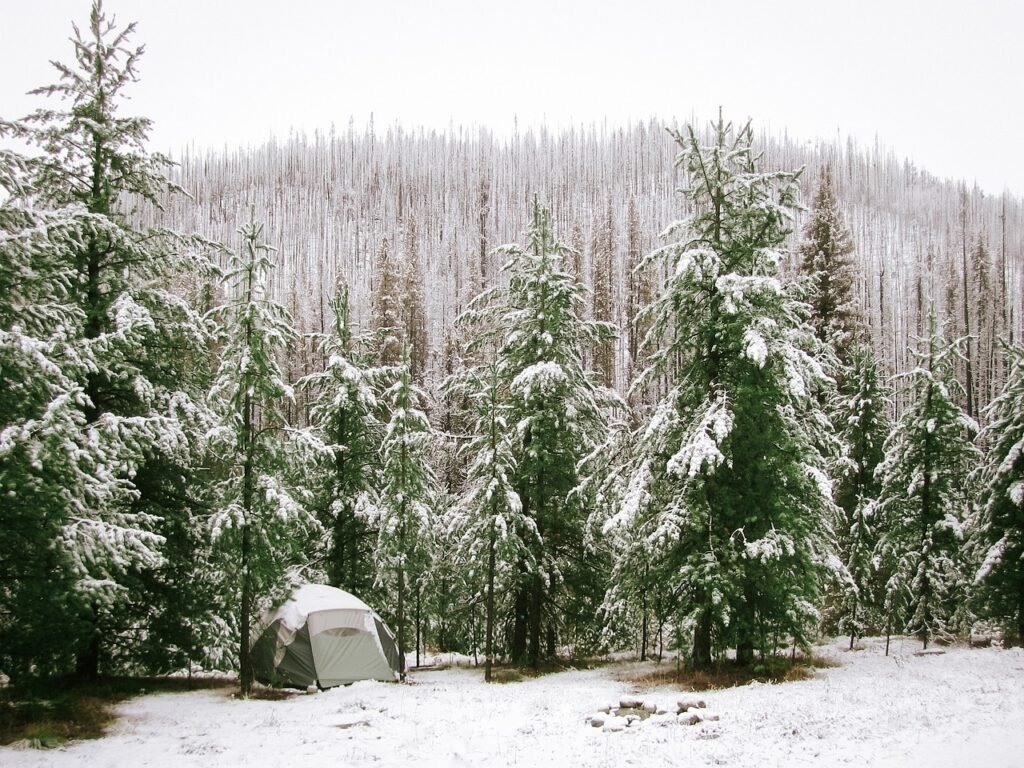
Misunderstood Independence
Survivalists are sometimes perceived as extremists due to their desire for independence and self-reliance.
However, it’s crucial to recognize that their motivation stems from a skepticism toward societal structures rather than an extremist ideology.
Not Necessarily Anti-Social
While survivalists may choose a more secluded lifestyle, it doesn’t imply an inherent anti-social stance.
Many values community and relationships but prioritize self-sufficiency as a means of mitigating potential risks.
B. Preppers as Doomsday Pessimists

Proactive Preparedness, Not Pessimism
The stereotype of preppers as doomsday pessimists oversimplifies their motivations.
Preppers are often proactive individuals who recognize global uncertainties and choose to prepare for various scenarios, not solely catastrophic ones.
Community-Centric Approach
Contrary to the stereotype of individualistic hoarding, preppers actively engage in community building.
Their focus on collaboration reflects a positive, community-centric approach aimed at collective resilience.
C. Highlighting the Diversity Within Each Group
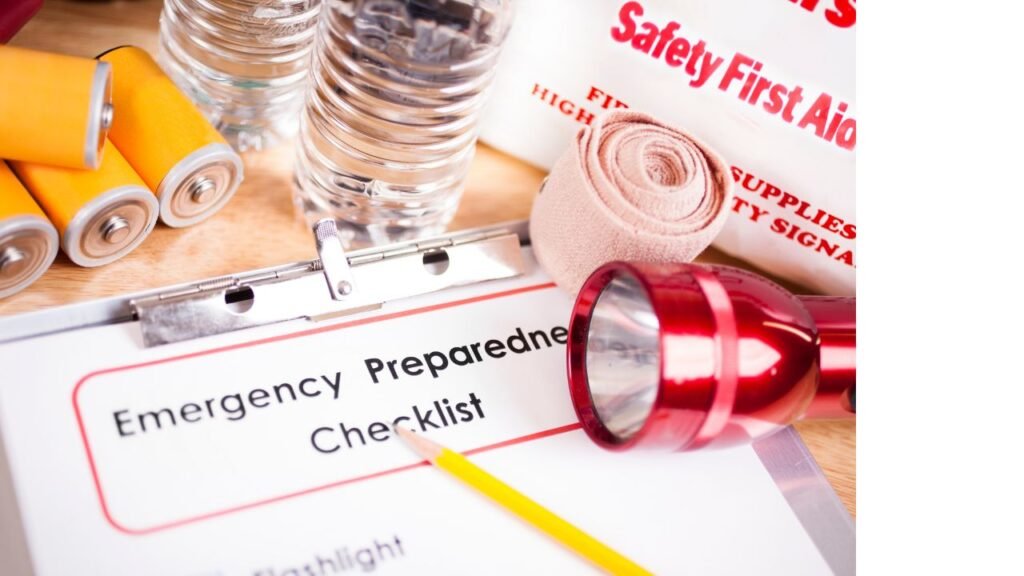
Individual Variability
It’s essential to acknowledge the diversity within both survivalist and prepper communities.
Individuals within these groups have varying beliefs, motivations, and levels of preparedness, dispelling the notion of a monolithic mindset.
Shared Commitment to Preparedness
Despite differences, both survivalists and preppers share a fundamental commitment to preparedness.
Understanding the nuances within each group helps dispel misconceptions and promotes a more accurate appreciation of their respective philosophies.
Recognizing these common misconceptions is crucial for fostering a more nuanced understanding of survivalists and preppers.
By dispelling stereotypes and acknowledging the diversity within each group, society can better appreciate the shared commitment to preparedness that unites these communities.
Overlapping Concepts
A. Shared Commitment to Emergency Preparedness

Common Ground in Preparedness
Despite their differences, survivalists and preppers share a common commitment to emergency preparedness.
Both groups recognize the importance of being ready for unforeseen challenges, albeit with varying emphases.
Skills and Resources
Survivalists and preppers both value the development of practical skills and the accumulation of resources.
While survivalists focus on individual skills, preppers integrate a broader spectrum of resources into their preparedness plans.
B. Learning from Both Survival and Prepper Philosophies

Complementary Perspectives
Each group’s approach offers unique insights that can be beneficial when integrated.
Survivalists’ emphasis on self-sufficiency and wilderness skills can complement preppers’ comprehensive strategies, creating a more holistic preparedness mindset.
Balancing Independence and Community
By understanding and incorporating elements from both survivalist and prepper philosophies, individuals can strike a balance between personal independence and community resilience.
This balanced approach recognizes the value of self-reliance while acknowledging the strength found in collaborative efforts.
Acknowledging the overlapping concepts between survivalists and preppers highlights the shared goal of being prepared for emergencies.
By recognizing the strengths in both approaches, individuals can draw upon a diverse range of skills and strategies to enhance their overall readiness for unpredictable circumstances.
In doing so, they can create a more robust and well-rounded approach to emergency preparedness.
Conclusion

Survivalists and preppers, while distinct in their philosophies, both contribute valuable perspectives to the broader landscape of emergency preparedness.
Recognizing the diversity in approaches allows for a more nuanced understanding of these communities.
While survivalists may be motivated by a desire for individual freedom and preppers by a sense of community responsibility, both groups ultimately share the common goal of preparing for unforeseen challenges and uncertainties.
Encouraging individuals to adopt a balanced approach that draws on elements from both survivalist and prepper philosophies promotes a more comprehensive preparedness strategy.
This approach recognizes the importance of both individual skills and community resilience.
As the landscape of potential threats evolves, a commitment to continuous learning and adaptation is key.
Individuals can benefit from staying informed about various preparedness strategies, integrating new insights, and refining their approach over time.
In conclusion, understanding the differences and similarities between survivalists and preppers provides a foundation for individuals to navigate the complex landscape of emergency preparedness.
By appreciating the diverse motivations, strategies, and goals of these communities, individuals can develop a more informed and well-rounded approach to ensure their readiness for an unpredictable future.
If you ask me, I’m a bit of both. What about you guys?

